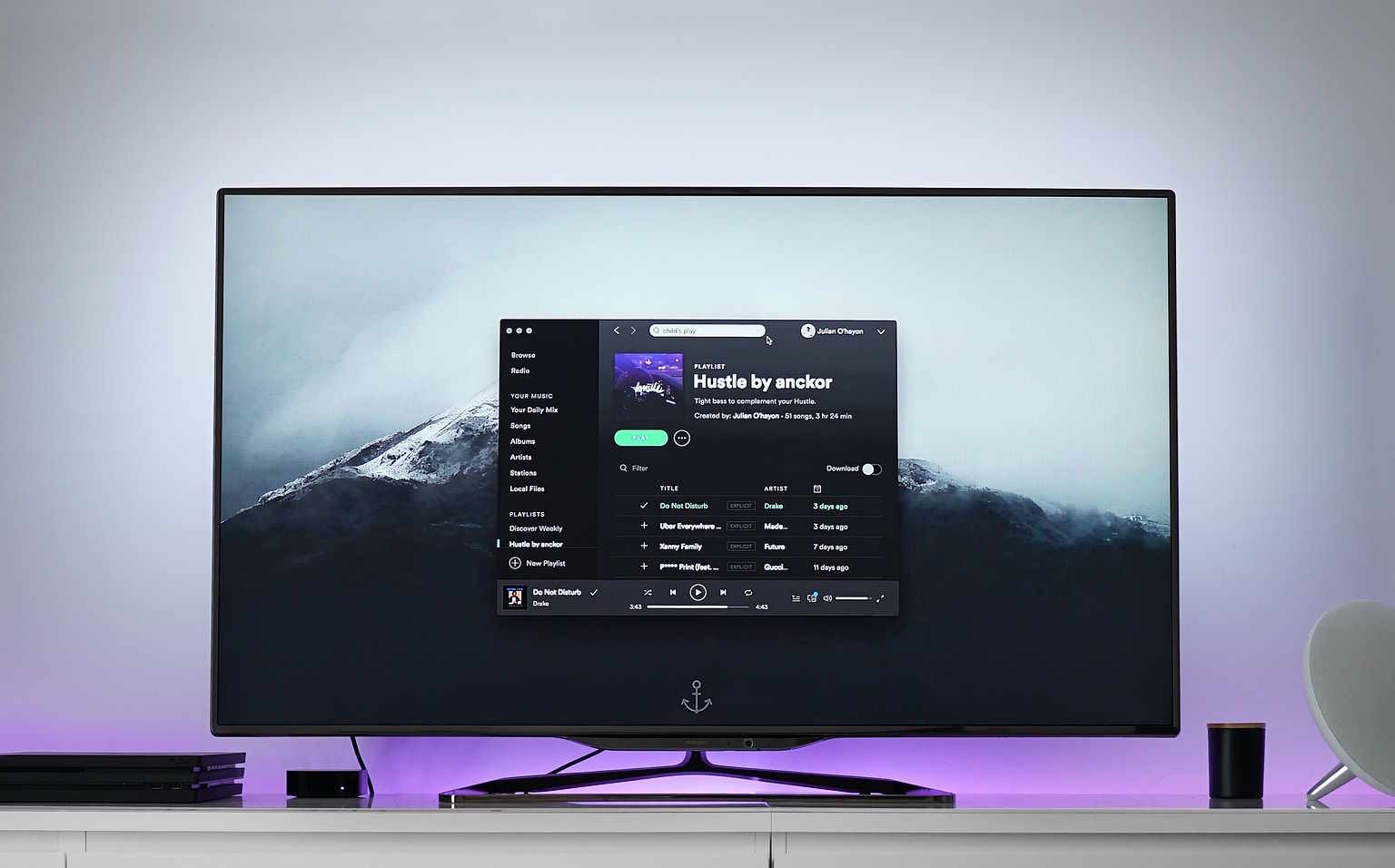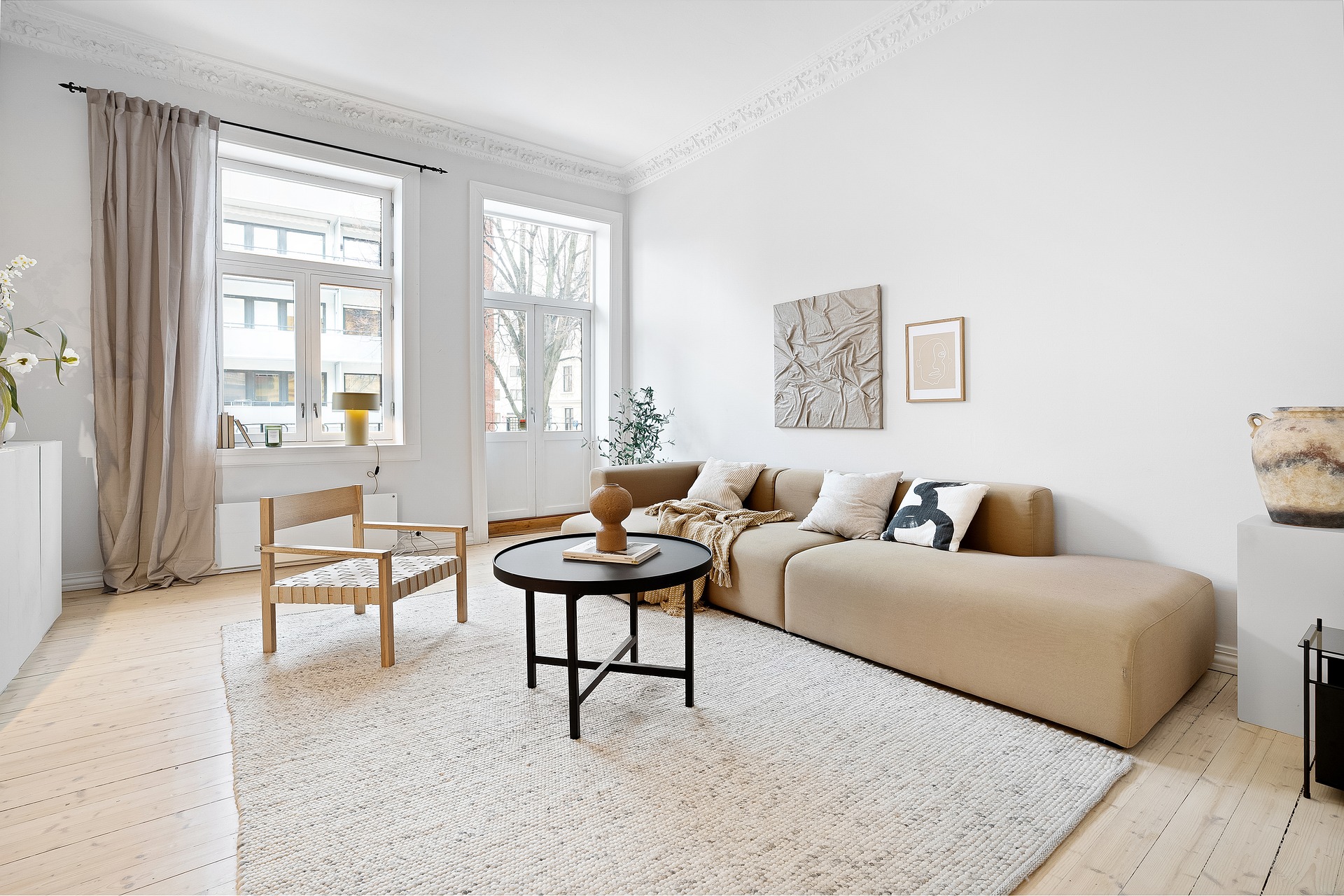The Social Phenomenon of Minimalism: A Modern Response to Consumerism
In a world often defined by consumerism, a growing trend is challenging the status quo. Minimalism, a lifestyle choice that encourages simplicity and intentionality, is gaining traction. Read below to delve into this fascinating social phenomenon and its implications for our society.

The Emergence of Minimalism
Minimalism, as a lifestyle, emerged as a counter-response to the rampant consumerism that characterizes modern society. It advocates for a life that is less cluttered, less complicated, and more meaningful. The minimalist lifestyle is about making conscious decisions about what we own, what we do, and how we live. It’s not about deprivation, but about intentional living.
Minimalism as a Social Response
Minimalism is not just a personal choice; it’s a social response. It’s a reaction to the overwhelming pressure to consume, to own more, and to define ourselves by our possessions. Minimalism challenges these societal norms and offers an alternative way of living that values experiences over possessions, quality over quantity, and intentionality over mindless consumption.
The Psychological Benefits of Minimalism
Adopting a minimalist lifestyle can have profound psychological benefits. It can reduce stress, improve mental clarity, and promote a sense of calm and contentment. By decluttering our physical spaces, we can also declutter our minds, making room for more meaningful pursuits and experiences.
Minimalism and Sustainability
Minimalism also has significant implications for sustainability. By consuming less, we reduce our environmental footprint and contribute to a more sustainable future. Minimalism encourages us to rethink our consumption habits and make more environmentally friendly choices.
The Future of Minimalism
The minimalist movement is growing, and its influence is being felt in various sectors, from fashion and design to technology and business. As more people embrace minimalism, it’s likely to continue shaping our societal norms and values.
- Minimalism is not about deprivation, but about intentional living.
- Minimalism can reduce stress and improve mental clarity.
- By consuming less, minimalists reduce their environmental footprint.
- The minimalist movement is growing and influencing various sectors.
In conclusion, minimalism is a powerful social phenomenon that challenges our consumerist culture and offers an alternative way of living. It’s a lifestyle choice that can lead to psychological benefits, promote sustainability, and shape societal norms. As we move forward, it will be interesting to see how this trend continues to evolve and influence our society.






